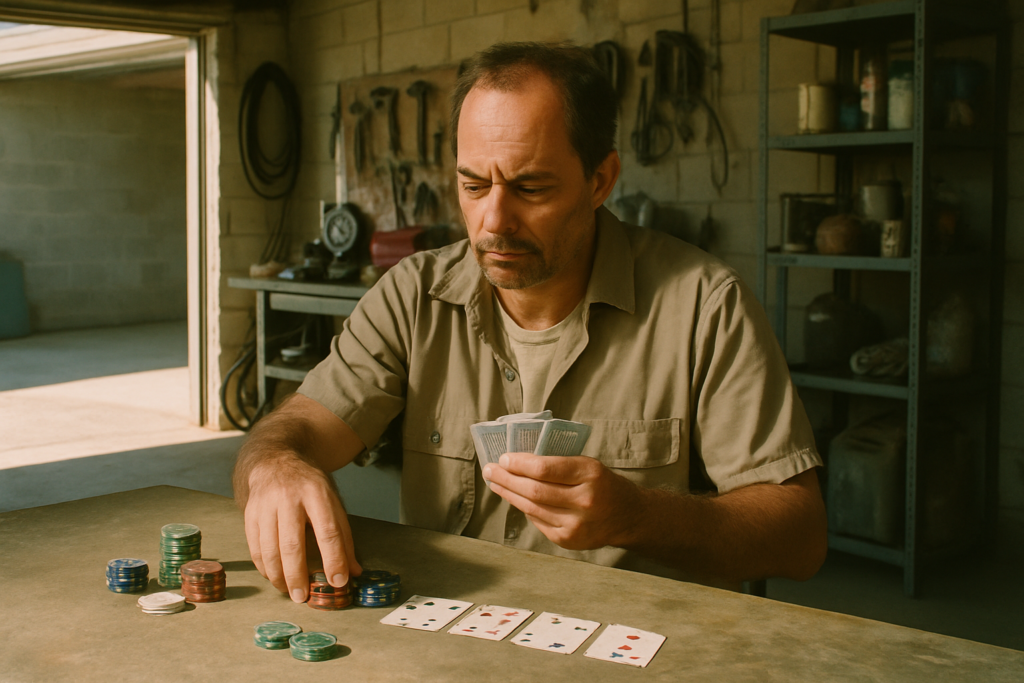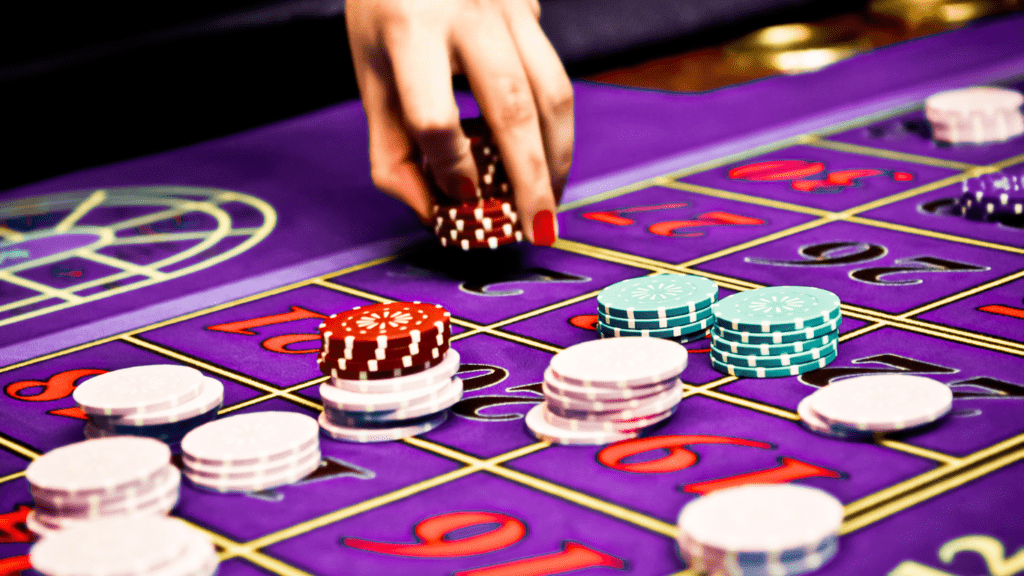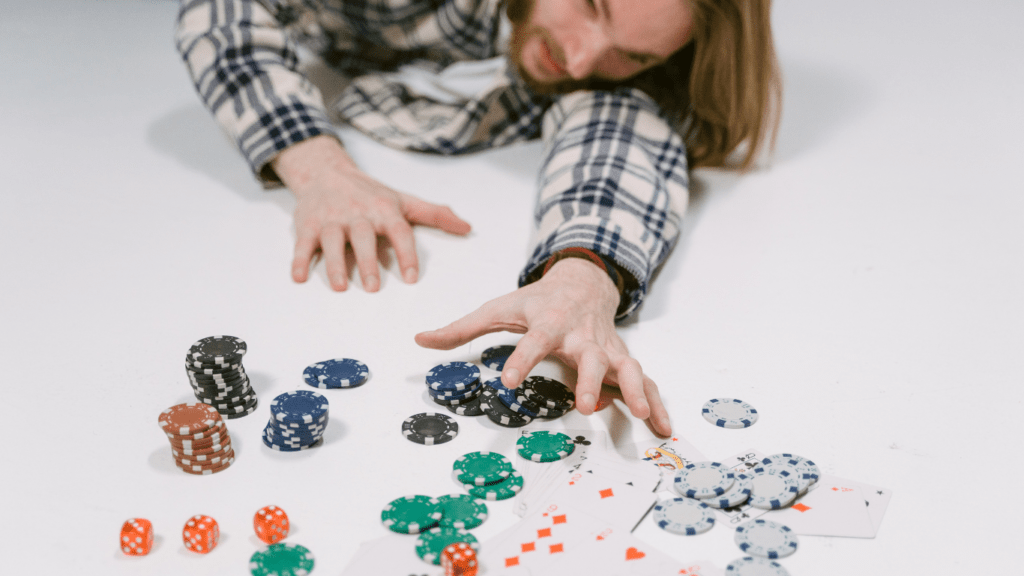Why Responsible Gambling Matters
Responsible gambling isn’t about sucking the fun out of a good time. It’s about protecting players from the point where entertainment quietly slips into something riskier. The line between a harmless bet and compulsive behavior is thinner than most realize and some don’t recognize it until too late.
Gaming operators, platforms, and regulators are beginning to really own this reality. Whether it’s clear signposting of support tools or smarter tech that flags erratic spending, the focus is shifting. This isn’t just about shielding users. It’s about building a gaming ecosystem that people can trust. If users know the industry has their back, they’ll stick around longer. Loyalty isn’t just about good odds it’s about knowing the experience won’t ruin your week or your wallet.
Long term success in the gaming world depends less on volume and more on balance. That means empowering users to play with intention and giving them tools to tap out before the fun turns into friction.
Self Assessment and Monitoring Tools
Staying in control of gambling habits starts with awareness. Self assessment and tracking tools help players understand their behaviors and prevent risky patterns before they develop.
Popular Apps and Platforms
Several tools and digital platforms have emerged to support healthy gambling routines:
GamBan Blocks access to thousands of online gambling sites and apps across devices.
BetBlocker Free tool that helps limit gambling access with customizable restriction periods.
Built in casino tools Many online platforms feature dashboards showing time and money spent, plus personal gaming history.
These apps can be customized to fit the player’s individual goals, whether they’re looking to reduce time spent gaming or eliminate access completely.
Benefits of Self Check Routines
Routine self checks can be one of the most effective habits for responsible gambling. They help individuals:
Reflect on how much time and money they invest
Evaluate whether gambling aligns with their goals and values
Identify early signs of compulsive behavior
Setting aside just a few minutes each week to review gaming activity can significantly increase self awareness and reduce the likelihood of harm.
Making It a Habit
Adopting these practices doesn’t have to feel restrictive. In fact, many responsible gamblers report greater enjoyment when they track their habits. It turns gambling into a conscious decision, rather than a reactive one.
Used correctly, self assessment tools aren’t just a safety net they’re a framework for long term, healthy gaming.
Limit Setting Features on Casino Platforms
Limits aren’t just a suggestion they’re one of the most effective tools players have to keep gambling fun and under control. Nearly every reputable online casino now offers customizable restrictions: deposit caps (how much you put in), loss limits (how much you’re okay losing), wager limits (how much you stake), and session time limits (how long you’re active). These aren’t just safety nets. They’re smart boundaries that keep entertainment from turning into stress.
Behind the scenes, AI is scanning for risky behaviors: sharp spending increases, all night sessions, erratic betting patterns. Casinos are using this data to flag at risk players, sometimes prompting warnings or suggesting voluntary tools. It’s not about shaming it’s about stepping in before things spiral.
Turning on limits is straightforward. Most platforms tuck them under “responsible gaming” in account settings. From there, you can usually set daily, weekly, or monthly limits. Once set, they lock in and can’t be raised immediately to prevent impulsive override. It’s a small setup that can save a lot of regret down the line.
If you want to dig further into how these systems work and why they matter, check out this practical guide on Casino Responsible Gaming.
Time Outs and Self Exclusion Options

Sometimes the best way to stay in control is to step away. Cool off periods are short breaks usually 24 hours to a few days where players voluntarily lock themselves out of their account. It’s not permanent, but it’s powerful. This tool is made for moments when things start feeling off, or play stops being fun. A quick pause can reset mindset and prevent spur of the moment decisions.
For deeper issues, there’s long term self exclusion. Most major gambling platforms now offer exclusion options that last months or even years. Some tools like GAMSTOP in the UK let users block themselves across multiple sites at once. Once activated, there’s no undo button. These are for players who know they need serious distance.
Governments and third party services are stepping in to connect the dots. From centralized exclusion databases to compulsory safeguards, regulation is catching up with user needs. Third party apps like Gamban and BetBlocker go even further by stopping access at the device level, not just the platform.
You can see how this looks in action with these practical responsible gaming examples. Knowing your options and actually using them can make all the difference.
Help Lines and Support Networks
When gambling starts to become less about fun and more about compulsion, it’s crucial to know that help is available. Whether it’s a personal struggle or you’re supporting someone else, these tools and networks are essential to promoting recovery and control.
National and International Helplines
There are multiple confidential and professionally staffed hotlines that provide immediate support:
National Problem Gambling Helpline (USA): 1 800 GAMBLER
GamCare (UK): 0808 8020 133 24/7 helpline and live chat available
Gambling Therapy (International): Free multilingual support via their website
Other localized services often provide culturally specific assistance and counseling options
These helplines are often available 24/7 and can offer guidance, risk assessments, and referrals to treatment programs.
Community and Peer Support Options
Sometimes professional support is only part of the solution. Connecting with others facing similar challenges creates a pathway for shared experience and insight:
Online forums such as Reddit’s r/problemgambling or specialized platforms like GamTalk
Support groups including Gamblers Anonymous (GA) or SMART Recovery
Virtual meetings and chat rooms for those unable to attend in person sessions
These platforms offer anonymity, understanding, and accountability in a non judgmental environment.
Therapy and Professional Help
For those in need of a more structured recovery plan, therapy may be a critical next step:
Cognitive Behavioral Therapy (CBT) has proven effective in treating gambling addiction
Licensed addiction counselors specialize in behavioral addictions and can tailor treatment to individual needs
Many treatment centers now offer virtual therapy sessions, improving accessibility
Supporting a Loved One
If someone close to you is struggling with gambling, your role can make a difference:
Start the conversation with care and without judgment
Educate yourself about compulsive gambling to better understand the behavior
Encourage professional help, but avoid trying to “fix” the problem alone
Consider using family support services, as many helplines and forums also assist those affected by another person’s gambling
Responding with empathy not shame is key to helping someone seek support and rebuild healthy habits.
For more resources, explore:
Casino Responsible Gaming
How Casinos are Stepping Up
Smart tech and human oversight are starting to play well together and it’s about time. Machine learning systems now flag irregular gambling behavior in real time. When someone starts chasing losses or suddenly changes their betting patterns, systems can trigger alerts or slow down play. It’s not foolproof, but it’s a lot better than waiting until someone hits a wall.
Marketing is also getting a hard look. Some casinos are dialing back aggressive ads and bonuses that push people past their limits. Instead of splashy promos tied to unrealistic wagering requirements, more platforms are offering clear terms, smaller incentives, and check in points along the way.
Behind the scenes, there’s also a shift in priorities. Dedicated responsible gaming teams are becoming standard, and many operators now offer 24/7 support through live chat or specialist hotlines. It’s partly about risk management but it also signals a maturing industry that can’t just focus on profit anymore. Player care isn’t just a box to tick. It’s becoming part of the product.
Final Word
Responsible gambling isn’t about saying no to play it’s about knowing when to pause and how to stay self aware. Total bans rarely work. Balance does. The goal is to keep control, not kill all the fun.
That’s where the tools come in. Time outs, deposit limits, and blockers aren’t for after things go sideways. They’re meant to be used early, even when everything seems fine. Think of them as seatbelts, not air bags. The earlier you plug them in, the better they work.
Responsible gambling habits help players stretch the experience over time, without the crash. It’s a slower burn that lasts longer and keeps the enjoyment intact. Use what’s available. Stay honest with yourself. That’s the smarter way to keep playing.


 Henry Stevenson
Content Strategist
Henry Stevenson is the Content Strategist at Jackpot Lucky Deal, bringing a rich background in gaming journalism and an eye for detail to every article and update. Henry’s primary focus is on delivering engaging, insightful content that helps readers understand the nuances of jackpot games, from slot machine strategies to tips on maximizing wins with responsible betting. Known for his ability to simplify complex topics and make them accessible, Henry has a knack for curating content that resonates with jackpot enthusiasts and newcomers alike. His role involves not only keeping readers informed about the latest news and trends but also crafting guides that support smarter, more informed gameplay. Through his work at Jackpot Lucky Deal, Henry aims to help players optimize their chances of winning while staying educated on safe betting practices.
Henry Stevenson
Content Strategist
Henry Stevenson is the Content Strategist at Jackpot Lucky Deal, bringing a rich background in gaming journalism and an eye for detail to every article and update. Henry’s primary focus is on delivering engaging, insightful content that helps readers understand the nuances of jackpot games, from slot machine strategies to tips on maximizing wins with responsible betting. Known for his ability to simplify complex topics and make them accessible, Henry has a knack for curating content that resonates with jackpot enthusiasts and newcomers alike. His role involves not only keeping readers informed about the latest news and trends but also crafting guides that support smarter, more informed gameplay. Through his work at Jackpot Lucky Deal, Henry aims to help players optimize their chances of winning while staying educated on safe betting practices.

